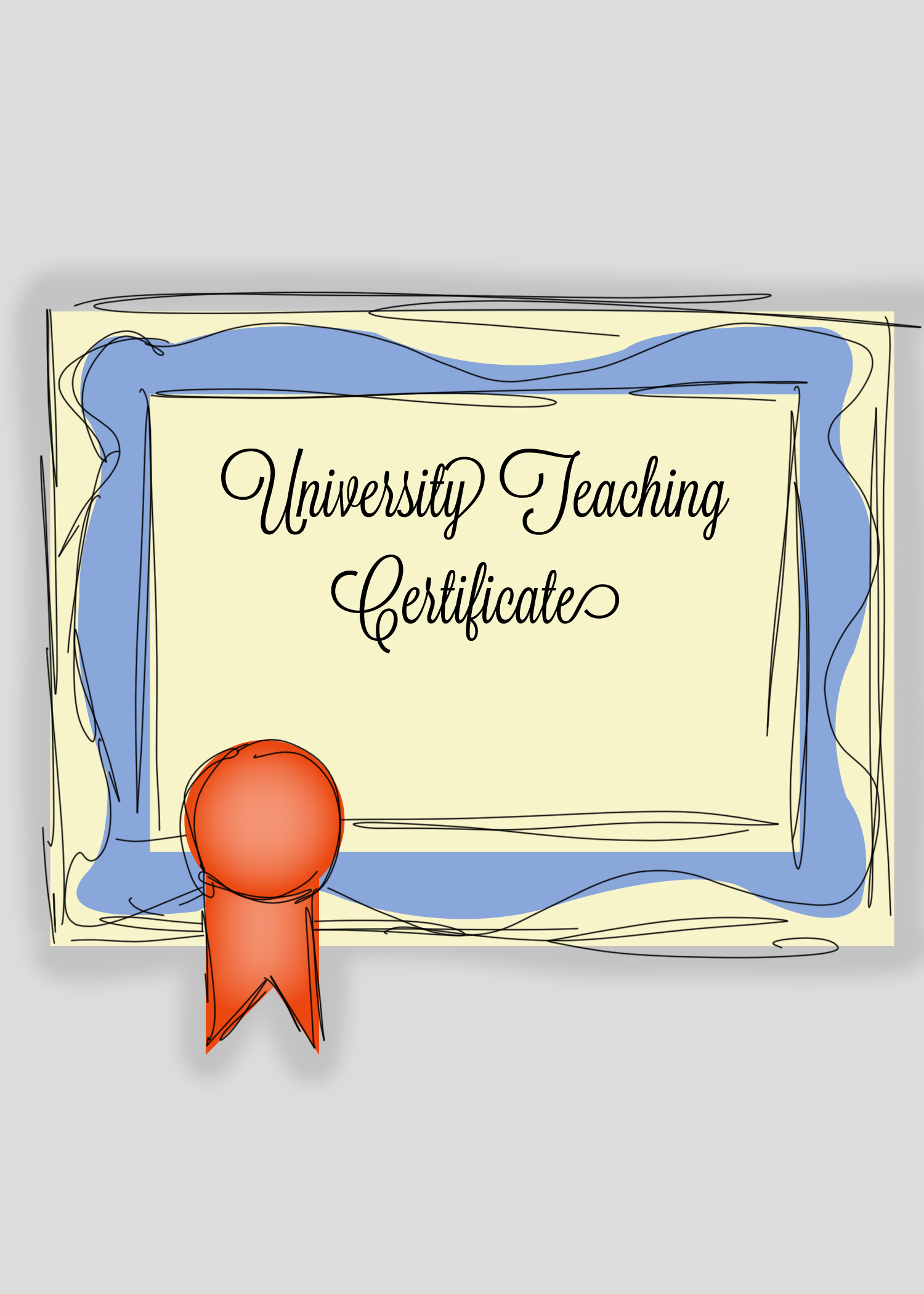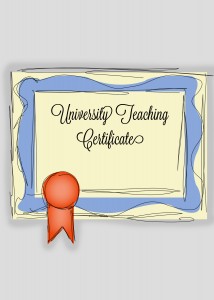Instructional skills cultivated


This past fall, Wilfrid Laurier University’s Teaching Support Services (TSS) launched a new University Teaching Certificate (UTC) program. The program is offered to masters and doctoral students who are studying at Laurier from an assortment of disciplines.
The UTC program is meant to help students develop instructional knowledge and skills that they can then apply to their own interests and ventures in future career paths.
Jeanette McDonald, manager of educational development with TSS, outlined the reasons why they decided to develop the program at Laurier.
“A big thrust in the graduate literature right now is providing students with professional development opportunities so that they can develop transferrable knowledge and skills,” she said.
The UTC program ties into the instructional portion of this thrust.
Another thrust of the program was that the student body at the graduate level has been growing at Laurier as well as the breadth of programs available.
“We’re really excited about it,” said McDonald. “We really hope students complete the program and have a better sense of what they can do within the instructional domain of teaching and learning. And that they’ve thought about how they can bring that forward to wherever they go next.”
Students have the option to take a basic or advanced certificate.
There are three basic components to the program, the first being general principles of pedagogy, which is aimed at helping students develop knowledge and skills that cover ten competencies. To complete this they can attend workshops, go to events or do readings.
The second component is practice and analysis of teaching in which students gain instructional practice.
Throughout this process, students must document their practice and reflect on what they have learned.
“They take all these practice opportunities, the learning that they’ve done, the documentation and reflection and they pull it together in some sort of final report which documents what they’ve done over the program, how they’ve met the program requirements,” added McDonald.
The program is set up so it takes two to four terms to complete. However, McDonald explained that it is designed to be flexible so students can select how they want to cover all of the competencies and in what time span they want to complete the program in.
“There’s room for tailoring it to meet how a student can work through the program,” said McDonald. “And then hopefully through the program they’ve been very thoughtful and purposeful in thinking about what they’re doing and why they’re doing it.”
“You do have to take responsibility in documenting it and be very above the board in demonstrating that you’ve achieved all the program components and that you’ve developed some capacity within the ten competencies.”
There are currently 15 students officially enrolled in the program, from a variety of programs and from both the Kitchener and Waterloo campus.
McDonald explained that they are currently thinking about how to bring the program to Brantford.
Scott Murie, who has his masters of theology and is currently finishing up a counselling and psychotherapy program at the Laurier seminary, is currently enrolled in the basic certificate program. He is hoping to apply the skills he learns to the lectures he gives at the University of Waterloo and in Toronto as well as to the teaching he does through his charity in Latin America.
“To develop my teaching philosophy,” he said of what he is hoping to gain. “I don’t have one, so to understand how to put that together.”
He is also looking to learn how to create class lessons and understand a more pedagogical background to presenting material.
“It’s very well-organized,” Murie said of his impression of the program so far. “I have a very clear idea of what I need to do … I’ve incorporated their good organization into my timeline.”
“I’ve had some really great meetings with students,” McDonald said of the first few months of the program.
She went on to comment on her overall hopes for the program.
“I hope they just develop a more reflective lens about what they’re doing and why they’re doing it.”


